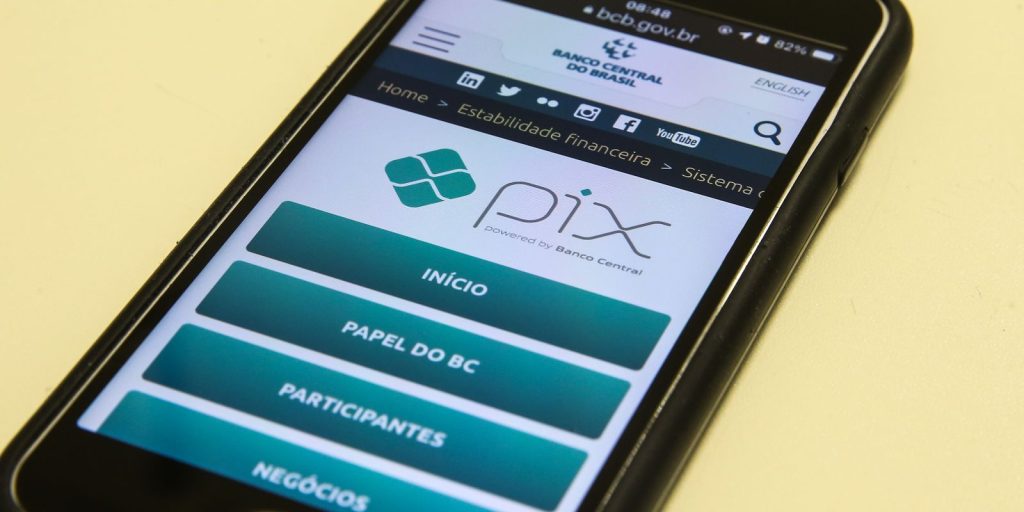Whether due to the new mechanisms that justice has created to get out of difficulties of this type or due to the marked slowdown that the country has been experiencing for several months, more and more Colombians in debt are unable to comply. with their commitments and are having to declare bankruptcy before the financial authorities.
Although inflation has subsided, standing at 5.2% in 2024 and unemployment figures fell to 8.2% in November and remain in single digits, while the Bank of the Republic continues to lower interest rates at a pace prudent, this does not seem to be generating the desired effect in Colombian households.
Also read: This is the new investor of the WOM operator in the country
This is evidenced by the most recent statistics from the Ministry of Justice. and Law that confirm that the number of people who declared bankruptcy due to not being able to cover their debts increased by 58% in 2024 compared to 2023.
Nelly Vanessa Méndez Farfán, legal representative of the Méndez y Méndez Abogados firm, indicated that these data confirm the New Year’s resolution of many Colombians who want to get out of debt in 2025 and thereby recover their financial life and the obstacle they face by not having enough money.
Out of money
Source: IStock
“The good news is that, although many citizens are worried about not having enough resources to kill the snakes, there is currently a legal lifeline that allows all liabilities to be negotiated easily and quickly with banks, lenders, administrations, the Dian, the secretariats of mobility due to traffic fines and even late rents,” he said.
According to the Ministry of Justice and Law, the 5 departments in which the most people declared bankruptcy were: Bogotá (2,625), Antioquía (1,883), Valle del Cauca (1,498), Santander (523) and Atlántico (276). Likewise, the overdue debts of Colombians with banks, with a delay of more than 30 days, closed 2024 at more than $30 billion.
Only liabilities related to vehicle loans, releases, Credit cards and free investment increased 50% in the period reviewed by the judicial authorities, marking the reality that for Méndez Farfán, encourage Colombians to resort to the new tools offered by the judicial system.
“One of these is Law 1564, better known as the Economic Insolvency Law, a figure that also helps to raise all negative reports in the risk centers after reaching payment agreements with all types of debtors, and thus avoid seizures and auctions,” added the expert.
More information: Hornitos’ plan to continue conquering Bogotá as a neighborhood bakery
How to take advantage of it?
The spokesperson for Méndez y Méndez Abogados indicated that people interested in benefiting from an insolvency process must meet certain requirements, such as not being active merchants, legal representatives or holders of more than 50% of the shares of a company.
“In addition, it is necessary to have at least two overdue debts that are more than 90 days late. The request must be filed in the city of residence of the applicant. The process begins in a Conciliation Center, notary office or Chamber of Commerce, where the request is evaluated. If it is admitted, creditors must report the exact value of the debt in capital and interest,” he explained.

Embargo
iStock
Subsequently, according to lawyer Nelly Méndez, the debtor must present a payment proposal that may include payment only of the principal, excluding interest. In case of acceptance, a payment agreement is signed; If not, asset liquidation is entered into.
“Once the insolvency process is admitted, the law establishes a period of 60 to 90 days to reach an agreement that allows debts to be settled, whether with financial entities, lenders, taxes or other commitments. This mechanism seeks to offer effective solutions to reorganize financial obligations and provide economic relief to debtors in difficult situations,” he reported.
Those who manage to benefit from this measure will be able to access benefits such as the suspension of legal proceedings against them; Even if you already have embargoes or an auction date, these demands will be frozen. In addition, you will be able to pay your debts within a recommended period of 5 years or longer if required and you will have the opportunity to decide what amount to pay monthly for each debt, according to your income.
















